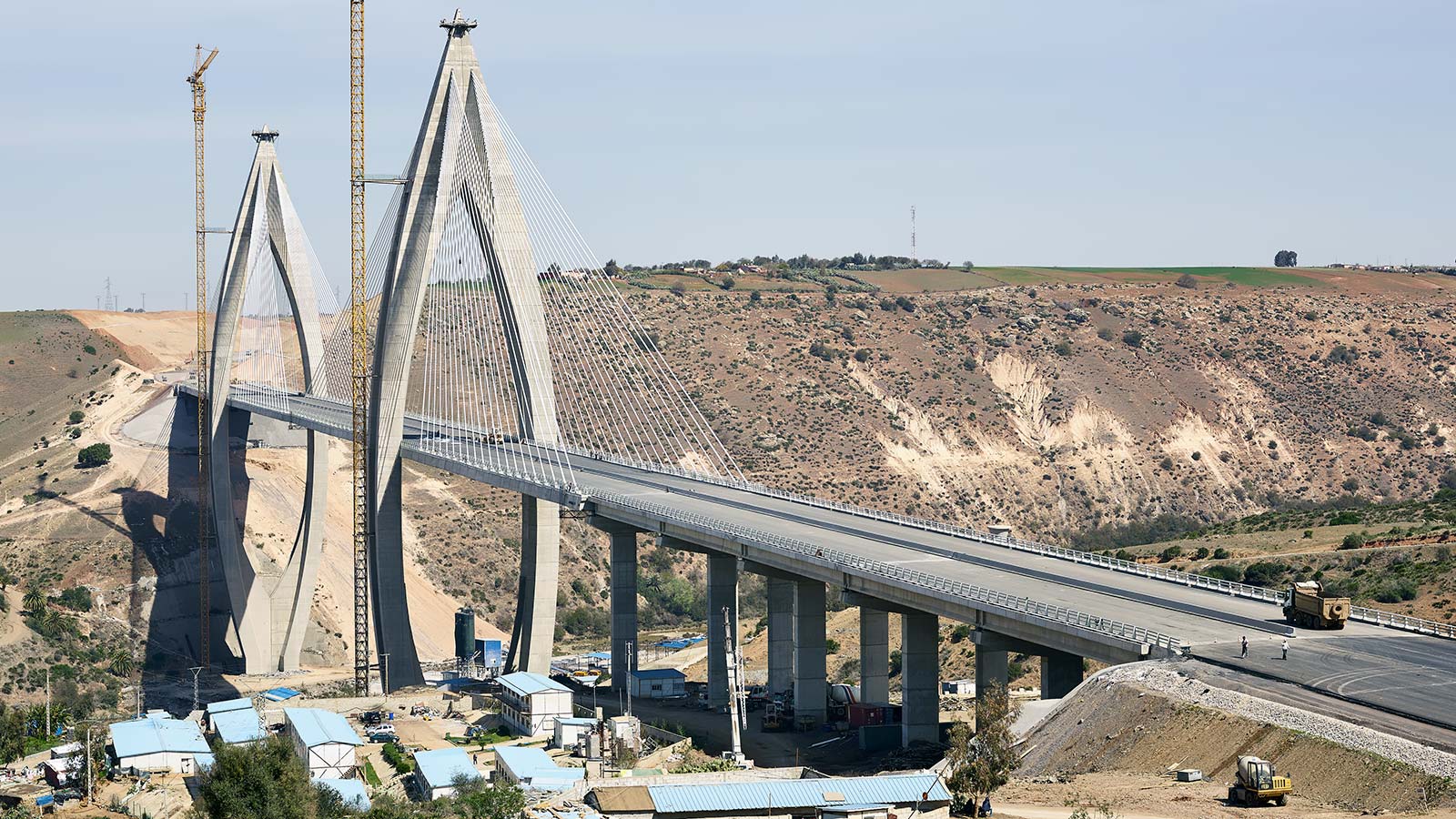Gambling Tax South Africa 2017
Gambling license in South Africa
Despite imposing a punitive tax regimes, restricting the importation of gaming devices and impounding and burning gambling machines, the sector has continued to record growth. Uganda levies a 35 per cent tax on betting, while in Kenya, the same was reduced to 15 per cent after lobbying by sector players. Overall, gross gambling revenues in South Africa rose by R2.1 billion in 2014. South African gross gambling revenues across most sectors of the market (excluding the National Lottery), are expected to expand from R23.9 billion in 2014 to R30.3 billion in 2019, a 4.8% compound annual increase.
Gambling within South Africa was largely restricted for many years, dating back to around 1673. Almost all forms of gambling were officially banned in 1965 with the passing of the Gambling Act. Horse racing, which was still considered a sport for many years, was however still legal, and the only place where people could place bets. This ban on gambling meant many illegal casinos began to pop up. By 1995 there were an estimated 2000 illegal casinos within South Africa. Luckily, with the new democratic government in 1994, the ban on gambling was lifted with the National Gambling Act. By 1996 the first legally licensed casinos were established and a single national lottery was launched. The National Gambling Act was the start of a diverse gambling community within South Africa.
Gambling and licensing
Gambling within SA is highly regulated and is done so by the National Gambling Board as well as the gambling board of each individual province.
The entire process of applying for a license is relatively straightforward. You can apply for a national or provincial license. A national license is generally for those applying as a manufacturer, supplier, maintenance supplier, or for those wanting to work within the gambling industry. A provincial license is simply valid within the single province in which it was issued and is better suited to and casinos or similar.
Both licenses may be applied for and issued through the provincial gambling boards and can be done by visiting the appropriate website (as listed below) and downloading the forms. The websites are quite easy to navigate and the entire application process will take anywhere between three months to a year.
Cost of a South African Gambling License
The cost of applications varies from province to province. Here are two examples:
Western Cape
Casino operator new license application fee: R 479 300.00
Casino annual licensing fee: R 239 650.00
Gambling employee fee (new application and yearly fee): R129
Bookmaker new license application fee: R11 977
Bookmaker annual licensing fee: R2403
Gambling Tax South Africa 2017 Cricket
North West Province
Casino operator new license application fee: R230 000
Casino annual licensing fee: R 100 000
Casino employee licence fee: R500
Bookmaker new license application fee: R6000
Bookmaker annual licensing fee: R5000
Other considerations
A big part of obtaining a South African gambling license is the probity process. This, in short, is a KYC process on steroids and will take up the majority of your time, effort, energy and money. Legal fees to complete this process can amount to hundreds of thousands of rands. While we understand the reason for the process, when compared to other jurisdictions such as the UK, Malta and Curacao, the same process is less bureaucratic and less authoritarian in their approach which is the reason why they have a much more vibrant and active gaming industry.
Maintaining Your License
Licenses are generally valid for different time periods across the different provinces. To maintain your license you will need to pay a set yearly fee, as given in the above examples. Likewise, if you wish to work at another casino or to move the premises of your existing casino, then you will need to apply for such. Employee licenses are linked to the position which they hold with a specific operator. Every Gambling machine or device must also be registered in order to be considered legal.
National licensees will need to comply with the applicable provincial law within whichever provinces they are conducting business. Provincial licensees will obviously be expected to do the same.

Failure to pay taxes, levies or fees will jeopardise your license as will non-compliance with any of the laws set out in the National Gambling Act. A person convicted of an offence in terms of the National Gambling Act is ‘liable to a fine not exceeding R10 000 000, or to imprisonment for a period not exceeding 10 years, or to both a fine and such imprisonment.
If a licensee is in breach of a condition of a license they are ‘liable to an administrative penalty not exceeding 10% of the annual turnover of the licensee.
You may surrender your license by choice via written notification to the provincial licensing authority.
Reposting Requirements
Suspicious or illegal activity can be reported directly to the respective provincial gambling boards or the National Gambling Board itself.
Anti-money Laundering
South Africa has three acts which relate to Anti-money laundering: the Prevention of Organised Crime Act (POCA), Financial Intelligence Centre Act (FICA), and The Protection of Constitutional Democracy Against Terrorism and Related Activities Act (POCDATARA).
The main duties of accountable institutions include:
- Identifying and also verifying clients
- Reporting any suspicious transactions
- Keeping records
- Training staff
- Reporting cash transactions over the prescribed limit
- In conclusion, formulating and implementing internal rules


Each legal gambling institution must ensure that all the necessary policies, procedures and systems are in place whilst ensuring full compliance with the FICA Act.
South Africa has a Financial Intelligence Centre (FIC) which is run under the FICA Act. There is also a Money Laundering Advisory Council who works alongside FIC and advises the Minister of Finance. All information regarding money laundering activities must be reported to FIC who will then hand over to the appropriate authorities.
Gambling Tax South Africa 2017 Pdf
TAX
Corporate tax in South Africa is set at a flat rate of 28% for all companies.
Although a withholding tax on winnings has been proposed since 2011, nothing has been set in stone.
Software Testing and Online Gambling
Any machine or device which needs calibration or certification must be tested by a licensed testing agent. The agent will need to make sure that the machine/device is compliant with the applicable standard. They record all test results and issue a report. The South African Bureau of Standards must then analyse the results and if found compliant they issue a letter of certification.
Income Tax South Africa
Online gambling is still illegal within South Africa except for online betting via a licensed South African bookmaker. Both the operation and advertisement of online casinos within South Africa are illegal acts.
Contact the South African Gambling Commission
For more information:
1. Gauteng:
www.ggb.org.za
2. Western Cape:
www.wcgrb.co.za
3. Eastern Cape:
www.ecgbb.co.za
4. Free State:
www.gla.fs.gov.za
5. Kwazulu Natal:
www.kzngambling.co.za

6. Mpumalanga:
www.mgb.org.za

7. North West:
www.nwgb.co.za
8. Limpopo:
www.lgb.org.za
9. Northern Cape:
www.ncgb.co.za
Alternative to a South African Gambling License
A curacao based gambling license is perfect for your business if you wish to offer services abroad. The license is regulated by the Government of Curacao and is accepted by all banks and payment service providers.
We work with the local authority assisting our clients with their gambling license needs, get in touch on Skype, WhatsApp or Email for further information.